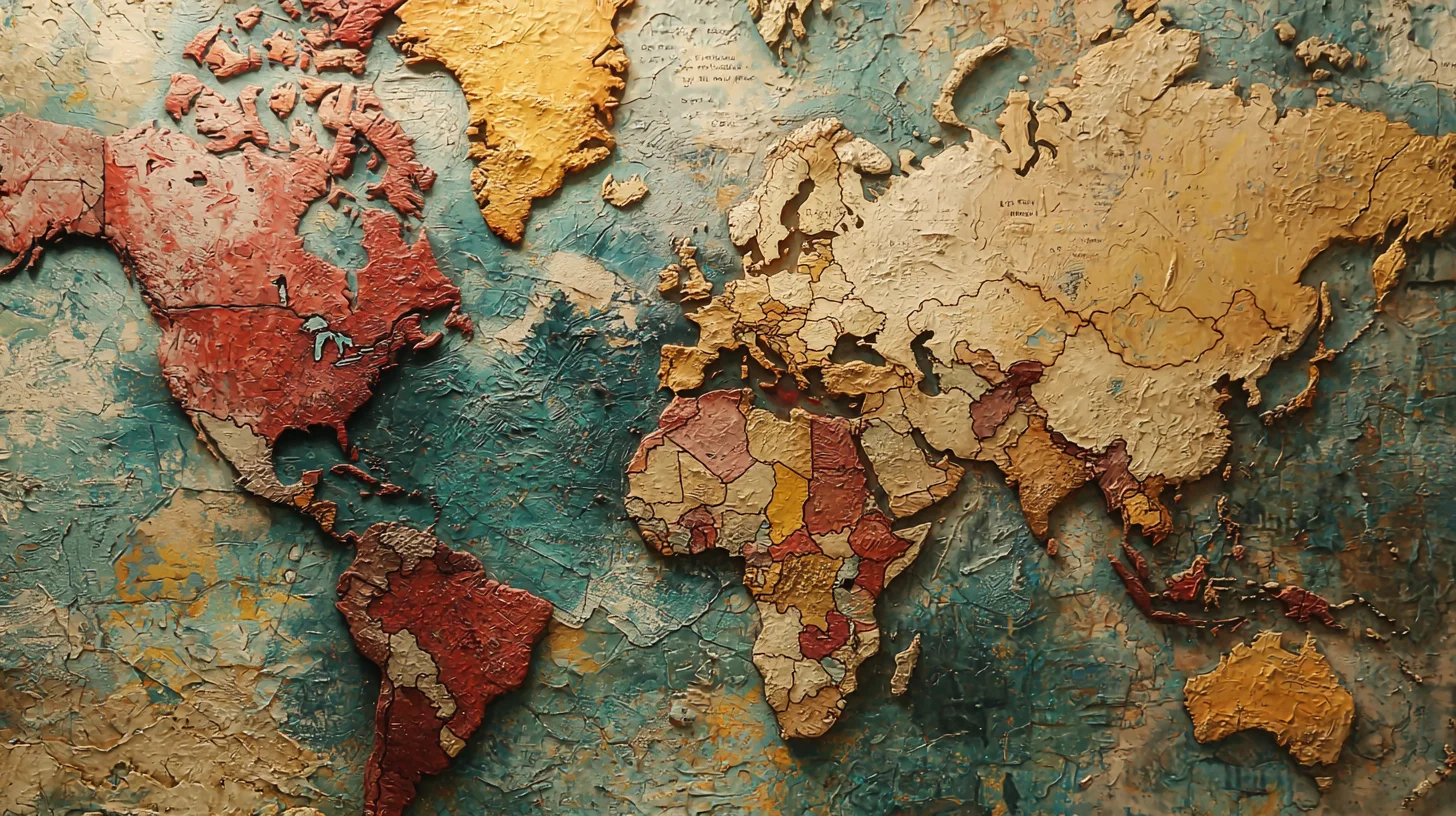14 October 2024
The Digital Uprising: How Influencers Took Control of the World's Governments.

Press the play button in the top right corner to listen to the article
Scenario Overview
In the year 2042, a global shift has occurred. What started as a simple exercise in online entertainment had turned into a movement that reshaped global politics. Influencers from platforms like YouTube, TikTok, and Instagram, previously considered figures of pop culture, have taken control of major governments around the world.
The path to power wasn’t paved with traditional political campaigns or party affiliations. It wasn’t based on decades of policy experience. Instead, it was built on millions of followers, instant access to global audiences, and the ability to sway public opinion faster than any government could respond. The traditional systems—political parties, media conglomerates, and legacy institutions—were blindsided by this transformation, failing to recognize that popularity could be a political force as strong as military might or economic control.
The Rise of the Influencers
It began with a few high-profile elections where social media personalities managed to win key government roles. Platforms like YouTube had long been hubs of political discussion, but in 2035, it shifted from commentary to direct action. Creators with millions of followers, armed with well-produced videos, catchy slogans, and viral moments, used their platforms to run for office, challenging established politicians who still relied on traditional media to reach voters.
At first, governments and political analysts didn’t take the trend seriously. They dismissed these individuals as "content creators," believing that politics was too complex for social media stars to navigate. But that underestimation became their downfall. Creators like "Mr. Unity" and "Global Change" began winning seats in local elections, harnessing the power of millions of engaged young voters who felt disconnected from the established system.
By 2040, influencers controlled 25% of global parliamentary seats. Their appeal was undeniable—transparency, accessibility, and, most importantly, relatability. Unlike traditional politicians, these influencers had direct relationships with their followers, frequently livestreaming their daily lives, decisions, and policy discussions.
The Aftermath of Power
With influencers now in power, the question became whether they could govern. These YouTubers and TikTok stars weren’t experienced in politics, international relations, or economic policy. But they had something the old guard didn’t—a massive digital army and the ability to hire expertise. Upon gaining power, they rapidly assembled teams of seasoned technocrats, policy experts, and strategists to handle the day-to-day running of governments.
The new government structure looked more like a high-tech corporation than a traditional political body. With their understanding of algorithms and engagement strategies, these influencers optimized governance for speed, transparency, and public involvement. Citizens could vote on laws in real-time, participate in policy discussions through live comments, and even propose legislation through social media platforms.
The System Fights Back
As the influencer-politicians gained more control, the traditional system started to push back. Governments began to introduce regulations on social media, attempting to limit the political power of platforms. These regulations aimed to prevent what the traditional elites saw as the "erosion of democracy," as they believed decision-making was becoming more about popularity than competency.
In countries like the United States, India, and Germany, there were significant efforts to censor political content on YouTube and TikTok, under the guise of fighting misinformation. Governments imposed tighter controls on political ads, forcing influencers to disclose every sponsorship, every financial backer. However, these efforts only solidified the public's support for the influencers, who framed themselves as the "people's choice" fighting against a corrupt establishment.
A New World Order?
By 2042, the global landscape had transformed. Governments became hybrid entities where YouTube stars, elected by a generation raised on social media, coexisted with professional advisors who ensured that these digital leaders' ideas were translated into effective policy.
Yet, the influence of these new leaders sparked debates. Could influencers, who thrived on public attention and engagement, maintain stable governance? Would their digital savvy be enough to navigate crises like economic collapses, climate change, or global conflicts? Or would the very nature of their rise—dependent on the whims of online trends and public sentiment—undermine long-term stability?
Traditional politicians warned of the dangers of this "instant governance." They argued that real leadership required long-term planning and understanding of the complexities that couldn't be addressed in a 10-minute viral video. But, for now, the digital leaders remained at the helm, riding the wave of constant public approval, armed with advisors, and adapting to the ever-changing algorithms that governed not just the web, but now, the world itself.
The Future
As the system adapts to the new reality, questions about the future of democracy loom large. Will governments continue to be run by those who understand social media better than policy? Will a new form of governance emerge, one that is even more transparent and participatory, but perhaps more volatile? Or will the traditional system find a way to reclaim its control?
The world waits to see if the next viral video will be a policy proposal that shapes the future—or the beginning of a downfall.
This speculative future isn’t far-fetched. The rise of influencers already affects politics, and with technology evolving, their influence could grow to reshape global governance itself. What was once entertainment may become the new form of leadership in a digital age.
The content, including articles, medical topics, and photographs, has been created exclusively using artificial intelligence (AI). While efforts are made for accuracy and relevance, we do not guarantee the completeness, timeliness, or validity of the content and assume no responsibility for any inaccuracies or omissions. Use of the content is at the user's own risk and is intended exclusively for informational purposes.
#botnews














































































